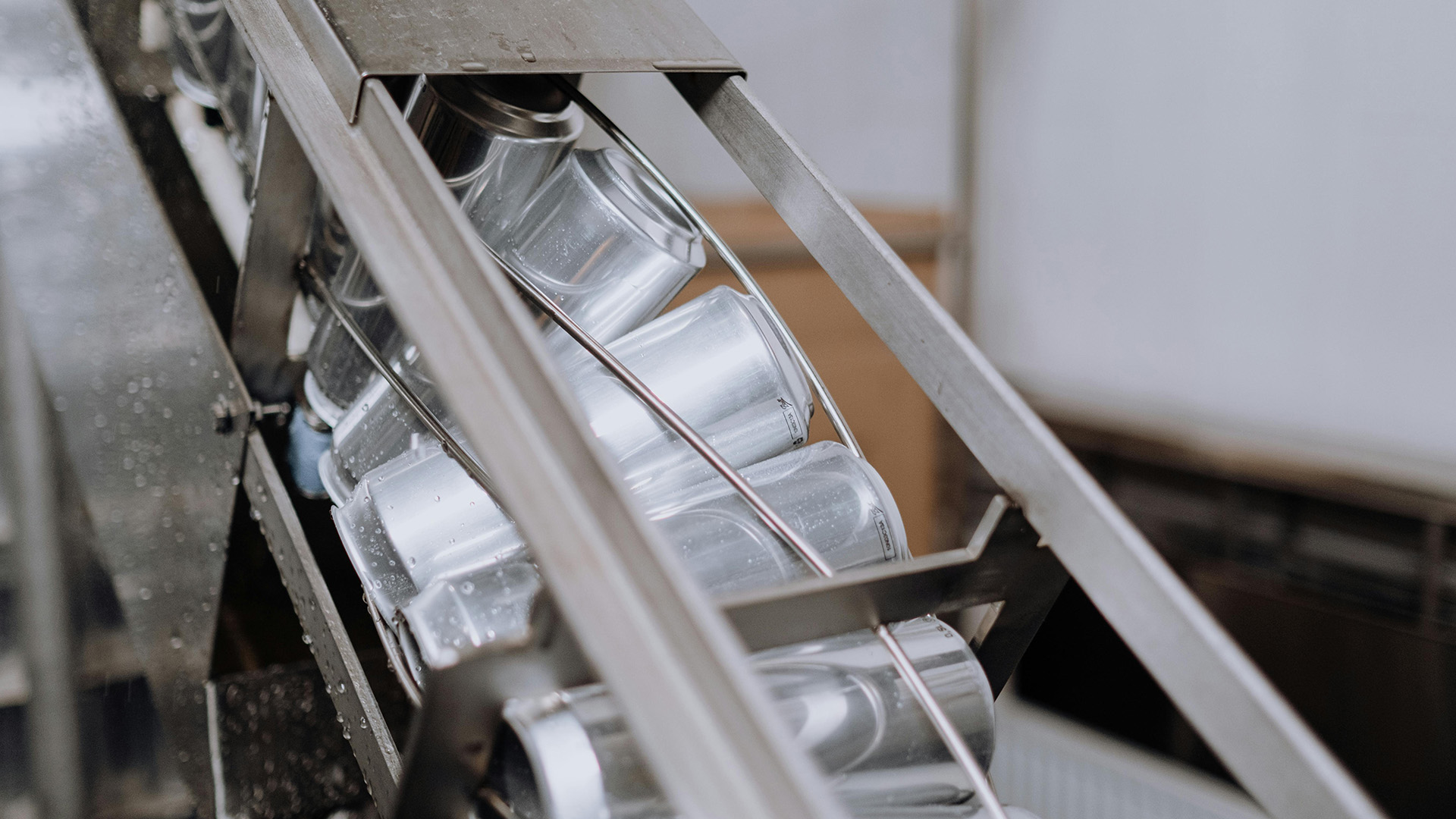In the manufacturing industry, particularly in facilities that produce food products or components used with food products, keeping production sites free from pests is not just a matter of cleanliness, but a critical component of regulatory compliance and operational efficiency. Plant and facility managers play a crucial role in ensuring a pest-free environment in manufacturing facilities, thereby safeguarding their business and the quality of their products.
The Importance of Pest Control in Manufacturing
Manufacturers of food products are subject to stringent food safety regulations, such as the Food Safety Modernization Act (FSMA) in the United States. These regulations mandate that manufacturers implement preventive controls to eliminate or minimize hazards, including those posed by pests. Failure to comply can result in severe consequences, including production shutdowns, product recalls and reputational damage.
Pest infestations can compromise the safety and integrity of products, leading to contamination, spoilage, damage and financial losses. Therefore, establishing a robust pest control program is essential to protect your business and ensure continuous, safe production.
Identifying Problem Areas and Infestations
Effective pest control begins with identifying the problem areas within your facility. Common pests in manufacturing environments include rodents, insects and birds, each posing unique challenges:
- Rodents can cause significant damage by gnawing on wires, insulation and packaging. They are also vectors for diseases, making them a severe threat to food and worker safety.
- Insects such as cockroaches, ants and flies can contaminate food products and spread bacteria. Stored product pests like beetles and moths can infest raw materials and finished products.
- Birds can create unsanitary conditions with their droppings and nesting materials, leading to contamination and health hazards.
Identifying infestation signs early is crucial. Look for droppings, gnaw marks, nests and dead insects. Conduct regular inspections in high-risk areas, including storage rooms, loading docks, production lines and waste disposal areas.
Safety Concerns and Compliance
Safety concerns related to pest infestations extend beyond contamination. Pests can cause structural damage, create slip-and-fall hazards and disrupt operations. Ensuring a safe working environment involves addressing these risks promptly and effectively.
Compliance with food safety regulations requires a proactive approach to pest management. Regulatory agencies expect manufacturers to implement integrated pest management (IPM) programs, which emphasize prevention, monitoring and control. Braman is a Massachusetts Statewide Contractor, providing high-quality pest control services at competitive prices to eligible entities under the FAC117: Integrated Pest Management Statewide Contract.
Although third-party inspections and audits are most prevalent in the food safety chain, we also offer FDA-compliant pest management services to medical, biotech, pharmaceutical and related packaging industries.
Implementing an Integrated Pest Management (IPM) Program
An IPM program is a comprehensive strategy designed to manage pests effectively while minimizing risks to human health and the environment. Key components of an IPM program include:
- Inspection and monitoring. Regular inspections help identify potential pest entry points and problem areas. Monitoring devices, such as traps and cameras, provide real-time data on pest activity.
- Exclusion and sanitation. Seal cracks and gaps in walls, doors and windows to prevent pest entry. Maintain a clean facility by promptly cleaning spills, removing waste and storing food products in sealed containers.
- Physical and mechanical controls. Use traps, barriers and other physical methods to control pests. Mechanical controls, such as air curtains and door sweeps, can prevent pest entry.
- Biological controls. Introduce natural predators or biological agents to control pest populations in an environmentally friendly manner.
- Chemical controls. When necessary, use pesticides judiciously and following regulatory guidelines. Select products that are effective against the target pests and safe for use in food manufacturing environments.
- Continuous protection and professional assistance. Pest control is an ongoing process that involves regular monitoring, maintenance and adjustments. Establishing a partnership with a professional pest control company provides additional benefits, including expert advice, advanced treatment options and compliance support.
Your Partners in Pest Control
We offer customized solutions tailored to the unique needs of manufacturing facilities. Our team of experts provides comprehensive inspections, identifies vulnerabilities and implements targeted treatments to eliminate pests and prevent future infestations.
Additionally, we can assist with regulatory compliance by ensuring your pest management practices meet industry standards. We employ the last innovations in pest control technology so you have the data you need when you need it through our online customer portal.
Partnering with Braman for your facility’s pest control solution gives you continuous protection and peace of mind. Together, we can create a safe, pest-free environment that supports your business’s success and the health of your customers. Contact us today to get started.

